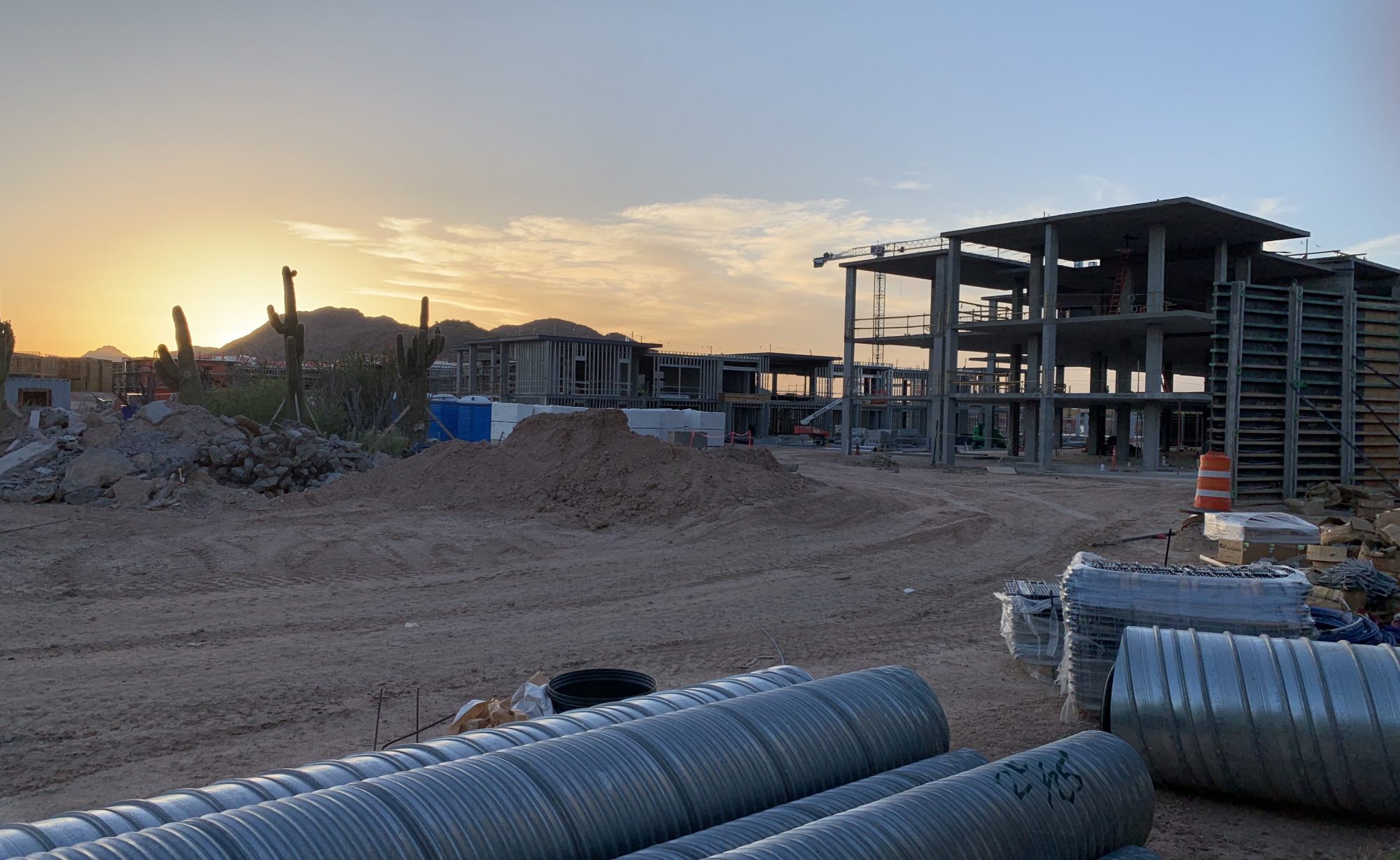
In the construction world, the term “acceleration” refers to speeding up the pace of work on a project. Accelerated performance often results in increased costs for those contractors whose work is affected. These increased costs, which can be substantial, often include overtime payments, hiring costs and salaries of additional workers, and extra material costs due to the shortened schedule.
Generally, a project (or portions of a project) can be accelerated in three ways: (1) voluntarily; (2) at the direction of another party; or (3) constructively. Voluntary acceleration occurs where the contractor unilaterally decides to quicken its pace. Directed acceleration, on the other hand, occurs when the contractor is ordered to expedite performance by either the owner or the general contractor. Not surprisingly, it is uncommon for disputes over acceleration costs to arise in either of these two contexts. If the acceleration is voluntary, the contractor typically bears the cost. If the acceleration is directed, the party directing the acceleration usually bears the costs.
